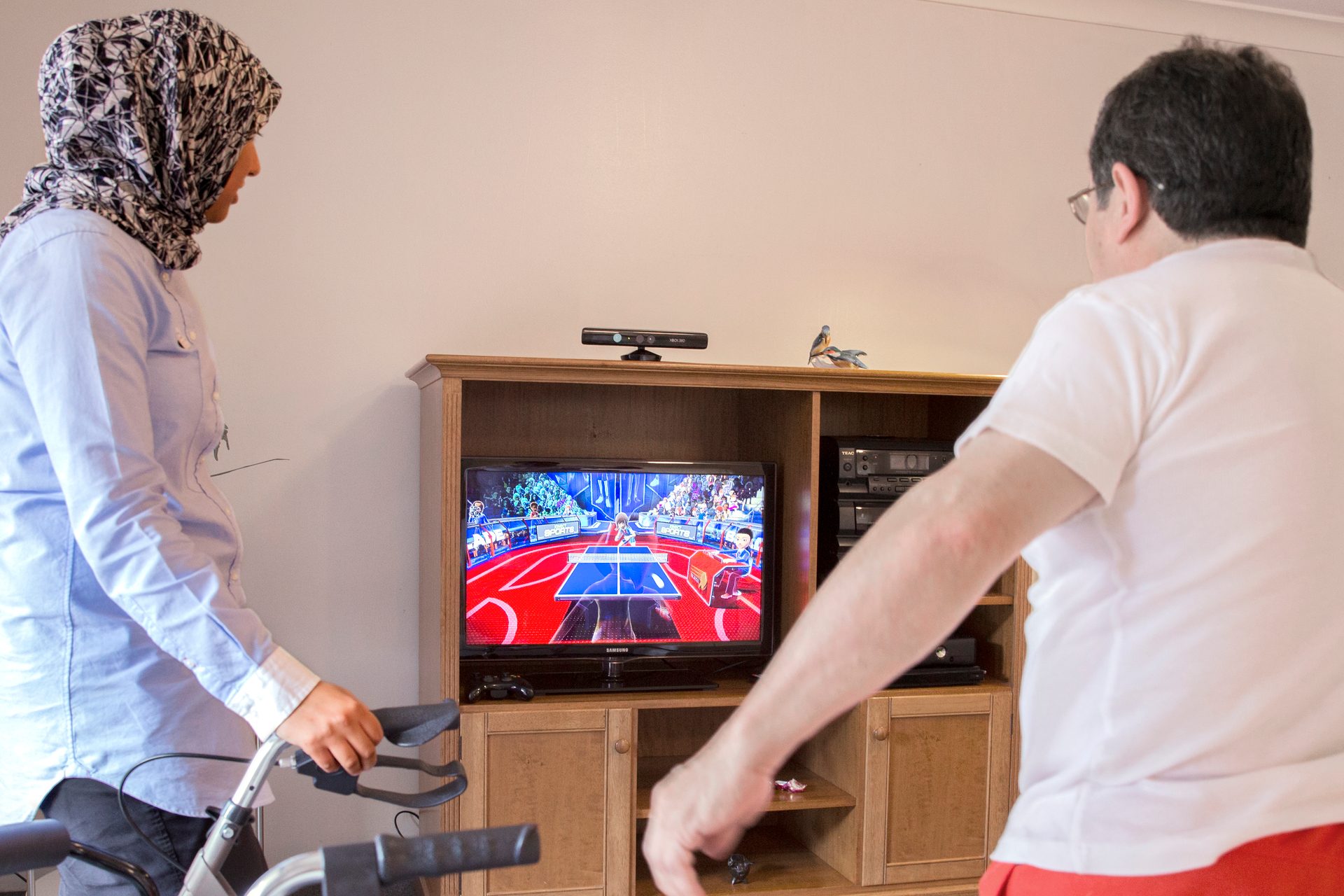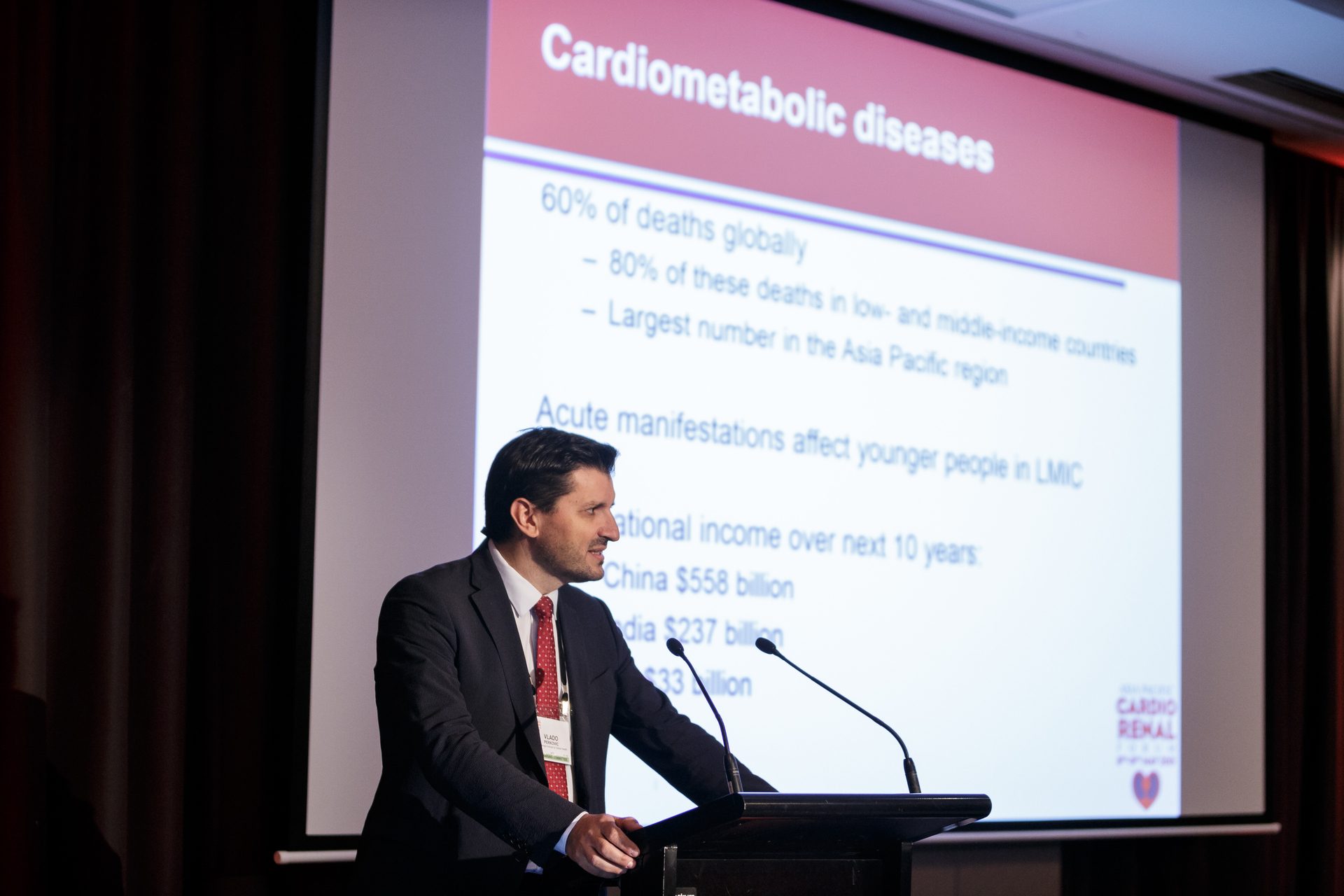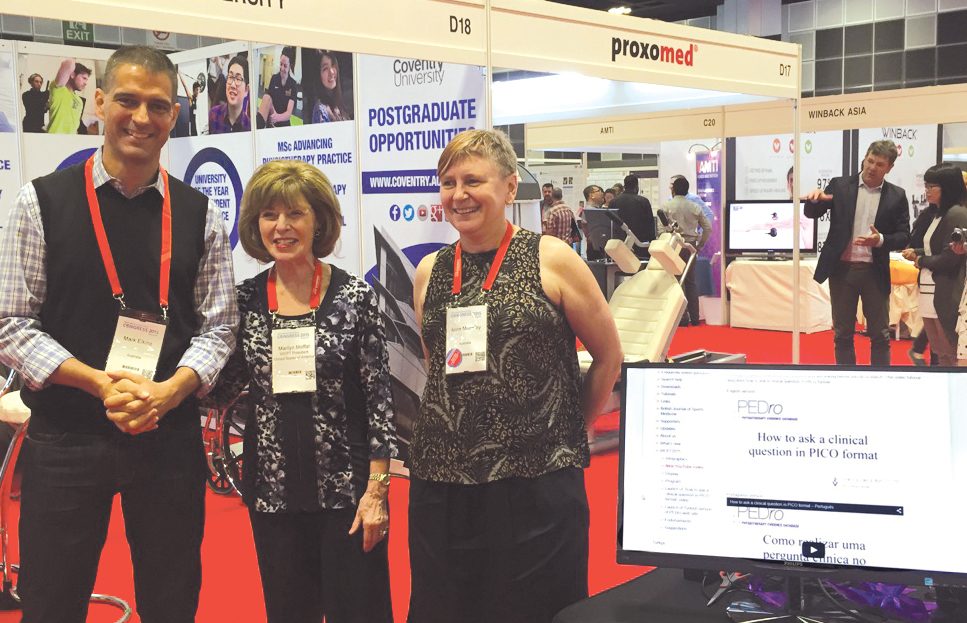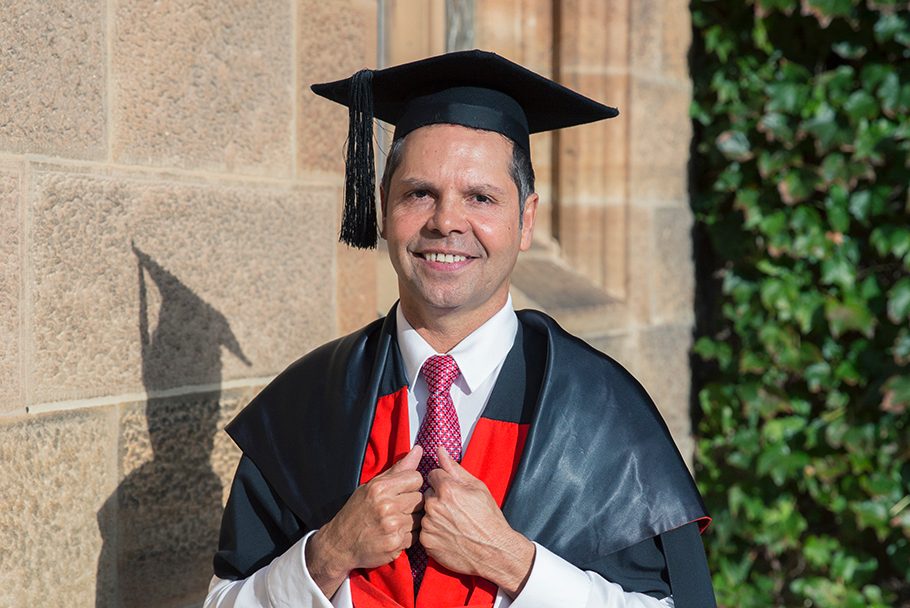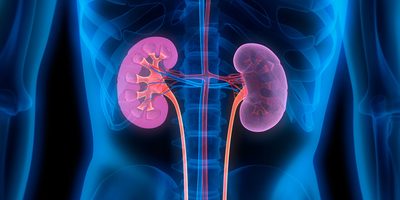“My PhD means a significant achievement not only for me, but for my family and the many Aboriginal & Torres Strait Islander communities that I interviewed and who were involved in my PhD research. To them all, I am indebted.”
New research uncovering ways to improve the health of Aboriginal and Torres Strait Islander Australians has been released by Dr Chris Lawrence, who has become the first Aboriginal student from The George Institute for Global Health to be awarded a PhD.
Lawrence’s PhD, presented by the University of Sydney, titled 'Influences on food and lifestyle choices for Aboriginal and Torres Strait Islander Australians; an Aboriginal perspective', reported findings from research he conducted as an Indigenous Research Fellow working as a member of the Kanyini Vascular Collaboration.
Dr Lawrence said the main outcome showed an association between distress and diet among Aboriginal and Torres Strait Islander Australians.
“This research will guide health practitioners as they consider the social factors of health, when diagnosing and providing treatment, care and support,” Dr Lawrence said.
“The information will hopefully improve the lives of many people in communities across Australia.
“On a personal level my PhD means a significant achievement not only for me, but for my family and the many Aboriginal & Torres Strait Islander communities that I interviewed and who were involved in my PhD research.
“To them all I am indebted.”
Lawrence’s PhD reported on a combination of research projects that focused on diet, nutrition and lifestyle choices among Aboriginal and Torres Strait Islander Australians.
“My research methods included focus groups, surveys, clinical audits and data analyses,” he said.
“I can now apply my research skills and experience and use these to make a difference to improving Aboriginal & Torres Strait Islander health and well-being outcomes.
“I am also thankful to The George Institute for Global Health for their support and guidance during my PhD research particularly Professor Alan Cass, now Director of the Menzies School of Health Research, and Professor Sandra Eades, Head of Aboriginal health, Baker Heart and Diabetes Institute, who were my PhD supervisors.”
Co-chairs of the Aboriginal and Torres Strait Islander Health Committee at the George Institute, Gamilaraay woman Julieann Coombes and Professor Rebecca Ivers, said that Lawrence’s achievement was a significant outcome for the research program in Aboriginal Health at the George Institute.
“Training the next generation of Aboriginal health researchers is a critical aspect of our research program as this is essential to improving health of Aboriginal people.”
MEDIA ENQUIRIES
Aaron Wakeley, Senior Media Advisor, Australia
The George Institute for Global Health
P: 0417 249 295
E: awakeley@georgeinstitute.org.au
